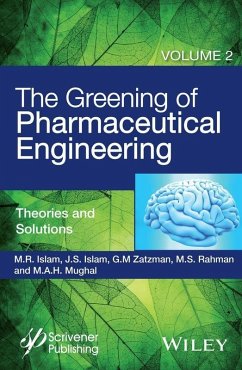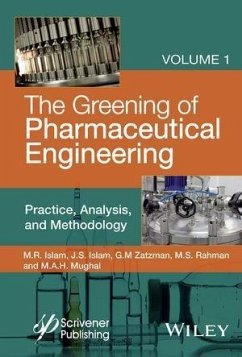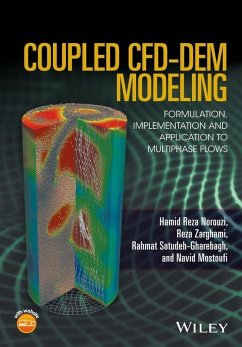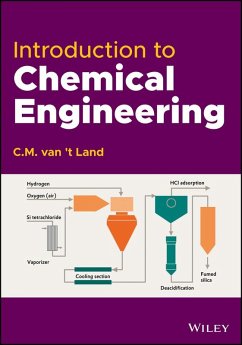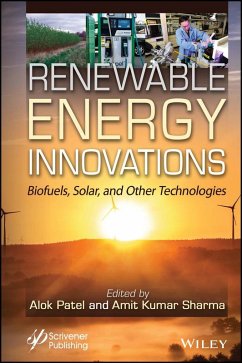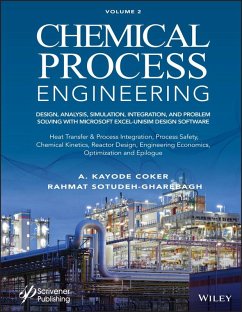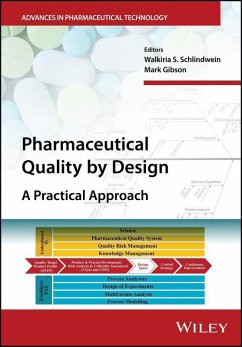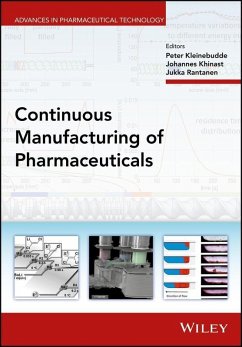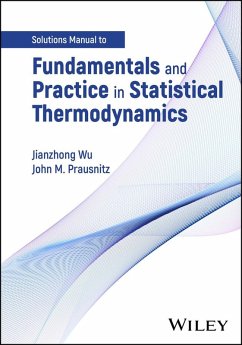
The Greening of Pharmaceutical Engineering, Volume 2, Theories and Solutions (eBook, ePUB)
Versandkostenfrei!
Sofort per Download lieferbar
171,99 €
inkl. MwSt.
Weitere Ausgaben:

PAYBACK Punkte
0 °P sammeln!
This is the second volume in a four-volume series aimed at guiding the pharmaceutical industry toward sustainability. After analyzing and exposing some of the backward and ill-conceived notions that guide the present state of the industry, this volume presents key theories and new, groundbreaking solutions for re-thinking the processes involved in the engineering of pharmaceuticals and offers a fundamental paradigm shift. The 4 volumes in this ambitious project are: * Volume 1: Practice, Analysis, and Methodology * Volume 2: Theories and Solutions * Volume 3: Applications for Mental Disorder T...
This is the second volume in a four-volume series aimed at guiding the pharmaceutical industry toward sustainability. After analyzing and exposing some of the backward and ill-conceived notions that guide the present state of the industry, this volume presents key theories and new, groundbreaking solutions for re-thinking the processes involved in the engineering of pharmaceuticals and offers a fundamental paradigm shift. The 4 volumes in this ambitious project are: * Volume 1: Practice, Analysis, and Methodology * Volume 2: Theories and Solutions * Volume 3: Applications for Mental Disorder Treatments * Volume 4: Applications for Physical Disorder Treatments This ground-breaking set of books is a unique and state-of-the-art study that only appears here, within these pages. A fascinating study for the engineer, scientist, and pharmacist working in the pharmaceutical industry and interested in sustainability, it is also a valuable textbook for students and faculty studying these subjects.
Dieser Download kann aus rechtlichen Gründen nur mit Rechnungsadresse in A, B, BG, CY, CZ, D, DK, EW, E, FIN, F, GR, HR, H, IRL, I, LT, L, LR, M, NL, PL, P, R, S, SLO, SK ausgeliefert werden.




